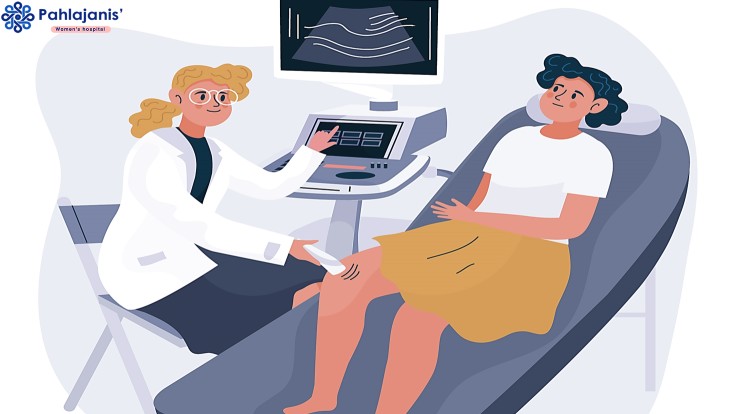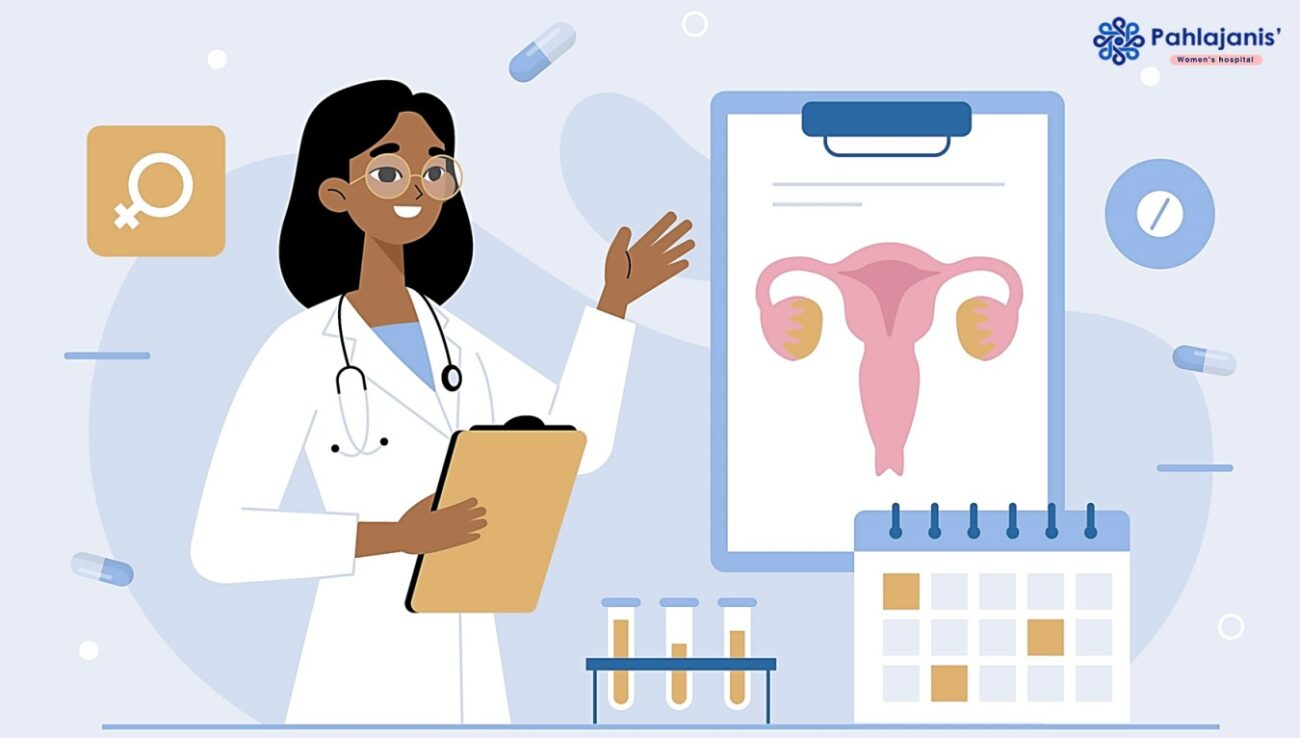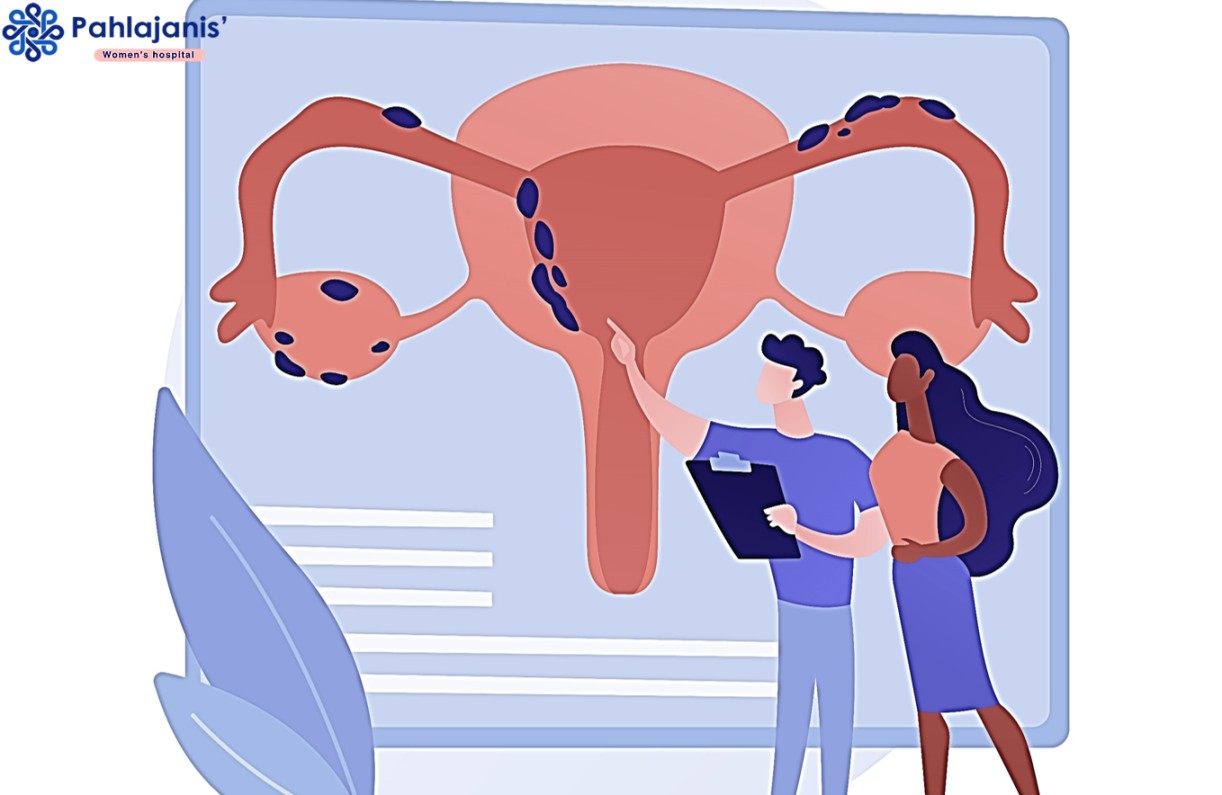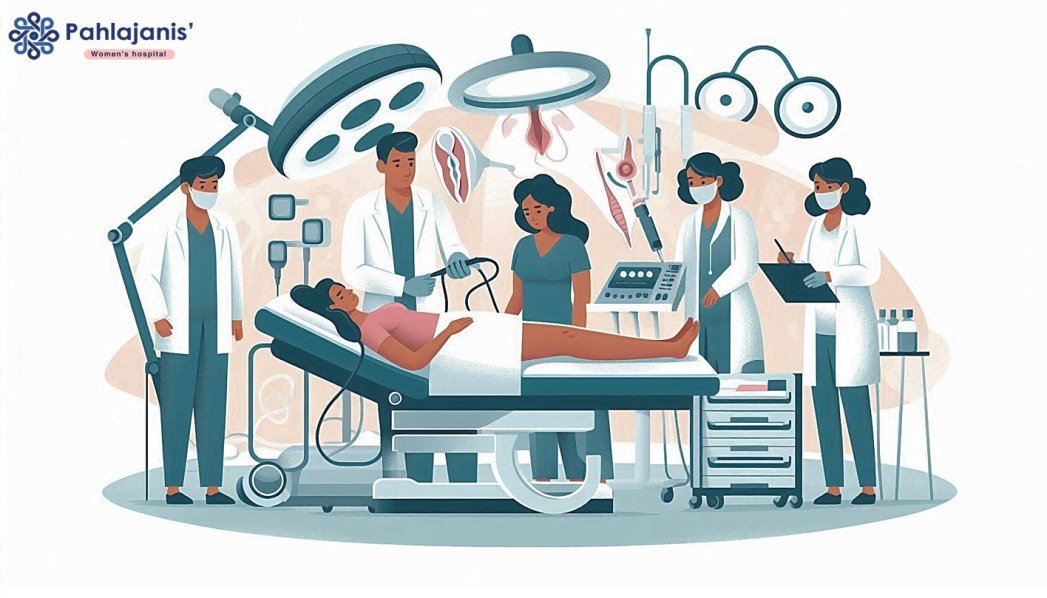Women’s health is a critical part of overall well-being, and the uterus plays a central role in reproductive and general health. When problems like abnormal bleeding, endometrial polyps, or other intrauterine conditions occur, it’s important to find a precise and effective way to diagnose and treat them. One of the most reliable and minimally invasive methods for this is hysteroscopy.
This blog explains what it is, how it works, and how it can help with diagnosing and treating uterine issues. We’ll also highlight why it’s a valuable tool for gynecological diagnosis and treatment, particularly for women seeking care in Raipur.
What Is Hysteroscopy?
Hysteroscopy is a minimally invasive medical procedure that allows doctors to look inside the uterus. It uses a thin, lighted tube called a hysteroscope, which is inserted through the vagina and cervix into the uterus. This procedure helps doctors see the uterine lining (endometrium) and identify any issues without needing major surgery.
There are two main types of hysteroscopy:
- Diagnostic Hysteroscopy: Used to diagnose uterine issues.
- Operative Hysteroscopy: Used to treat problems identified during diagnosis, such as removing endometrial polyps or fibroids.
According to recent studies, it has a diagnostic accuracy rate of up to 94% for identifying intrauterine abnormalities. This high level of precision ensures that women receive the correct treatment promptly.
Diagnosing Uterine Issues with Hysteroscopy
Hysteroscopy is an essential tool for diagnosing various uterine conditions. It provides a clear and detailed view of the uterus, which helps doctors identify issues such as:
- Abnormal Uterine Bleeding: This includes heavy, irregular, or prolonged periods. it helps pinpoint the cause of abnormal bleeding, such as polyps, fibroids, or hormonal imbalances.
- Prevalence: Studies show that 14-25% of women of reproductive age experience abnormal uterine bleeding, making hysteroscopy a vital diagnostic tool.
- Endometrial Polyps: These are growths in the lining of the uterus that can cause abnormal bleeding and fertility problems. It can detect and, if necessary, remove these polyps.
- Impact on Fertility: Endometrial polyps are found in 10-24% of women with infertility, highlighting the importance of it in reproductive health.
- Intrauterine Conditions: Conditions like uterine septum (a congenital defect) or adhesions (scar tissue) can interfere with fertility or cause pain. It is excellent for diagnosing these conditions.
- Retained Products of Conception: After childbirth or miscarriage, it can help detect and remove any tissue left in the uterus.
- Unexplained Infertility: Hysteroscopy allows doctors to check for hidden uterine problems that might affect fertility.
Treating Uterine Issues with Hysteroscopy
Once a uterine issue is diagnosed, it can also be used to treat it. This is called operative hysteroscopy. Some of the most common treatments include:
- Removal of Endometrial Polyps or Fibroids: Polyps and fibroids can be easily removed during the same procedure, improving symptoms like abnormal bleeding and enhancing fertility.
- Success Rate: Studies report a 70-80% improvement in symptoms after polyp or fibroid removal via hysteroscopy.
- Treatment of Uterine Adhesions: Adhesions can cause pain and infertility. It helps remove them without damaging healthy tissue.
- Correction of Uterine Septum: This condition, which can cause miscarriages, is treated using operative hysteroscopy.
- Biopsy of Uterine Lining: If abnormal growths or suspicious areas are seen, a biopsy can be taken during hysteroscopy to check for cancer or precancerous cells.
Why Choose Hysteroscopy for Diagnosis and Treatment?
Hysteroscopy offers several advantages over traditional diagnostic and surgical methods. Here are a few reasons why it’s often preferred:
- Minimally Invasive: It is done through the vagina, so no cuts are made on the abdomen. This means less pain and quicker recovery.
- Accurate Diagnosis: The direct visualization of the uterus allows doctors to make precise diagnoses.
- Immediate Treatment: Many issues, like polyps or adhesions, can be treated during the same procedure.
- Short Recovery Time: Most women can go home the same day and resume normal activities within a day or two.
- Safer Option: It has fewer risks compared to open surgeries, such as infection or significant blood loss.
Preparing for Hysteroscopy
If your doctor recommends hysteroscopy, you may wonder how to prepare. Here are a few simple steps:
- Schedule at the Right Time: Hysteroscopy is usually done after your period ends but before ovulation. This ensures the uterine lining is thin and easier to examine.
- Discuss Medications: Inform your doctor about any medications you’re taking. You may need to stop certain medicines before the procedure.
- Follow Pre-Procedure Instructions: Your doctor may ask you to avoid eating or drinking for a few hours before the procedure if anesthesia will be used.
What to Expect During and After Hysteroscopy
During the Procedure:
- You’ll lie on an examination table, and a speculum will be inserted into your vagina. The hysteroscope is then gently guided into the uterus.
- Saline or carbon dioxide gas may be used to expand the uterus for better visibility.
- The procedure usually takes 15-30 minutes.
After the Procedure:
- You might experience mild cramping or spotting for a day or two.
- Most women can return to their regular activities within 24 hours.
Hysteroscopy in Raipur: Advanced Care for Women’s Health
If you’re looking for Hysteroscopy in Raipur, you’ll find advanced care and experienced gynecologists who specialize in this procedure. Clinics and hospitals in Raipur are equipped with modern technology to ensure accurate diagnoses and effective treatments. Whether you’re dealing with abnormal bleeding, endometrial polyps, or fertility issues, it offers a safe and effective solution.
Expert Care at Pahlajanis’ Women’s Hospital and IVF Centre, Raipur
Pahlajanis’ Women’s Hospital and IVF Centre in Raipur offers top-tier gynecological care with advanced treatments like hysteroscopy. With a team of experienced doctors and state-of-the-art technology, the center is dedicated to providing comprehensive solutions for uterine issues, fertility challenges, and overall women’s health. Whether you’re seeking treatment for abnormal bleeding, fibroids, or endometrial polyps, Pahlajanis’ Women’s Hospital ensures that every patient receives personalized and compassionate care, making it a trusted choice for women in Raipur.
Hysteroscopy is a game-changer in diagnosing and treating uterine issues. Its minimally invasive nature, combined with its ability to provide accurate diagnoses and immediate treatments, makes it a preferred choice for many women. Whether you’re experiencing abnormal bleeding, fertility problems, or other gynecological concerns, it can help you regain your health and quality of life.
For women in Raipur seeking expert care, it is readily available and performed by skilled professionals dedicated to women’s health. Don’t let uterine issues hold you back—consult your gynecologist to learn if it is right for you.





